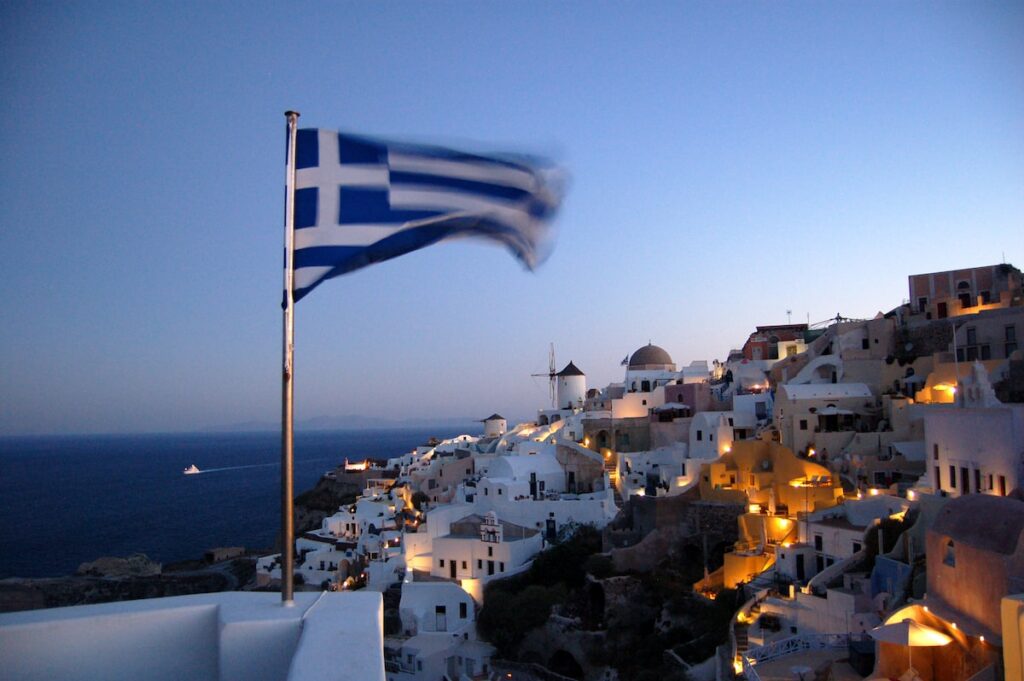It is said that when Juan Domingo Perón arrived in power in Argentina in 1946, one of the first things he did was to visit the central bank. Afterward, he would claim that “there’s so much gold that one can’t walk through the hallways.”
Perón is not only the first ruler we call populist but also the quintessential, the ultimate populist.
He’s the last Argentinean president who didn’t complain about the inheritance received. Quite on the contrary, he got a still rich country and he could apply redistributionist me time.
For five years or so, these policies seemed to be working. Perón and his wife, the notorious Evita, had free goodies for almost everybody. The trilogy of redistribution, demagoguery, and propaganda helped create the myth of the “popular government.” Perón was “a man of the people,” and his plan worked. This is how the myth of Peronism was created. And that myth has haunted Argentina for decades now.
Of course, redistribution is nothing more than the destruction of wealth, and the levels of it were unsustainable. But, like heroin addiction, for a while, it feels incredible.
This is how redistribution operates politically and how it creates the populist myth.
In the 21st century, the best students of Perón were Hugo Chávez (Venezuela) and Néstor and Cristina Kirchner (Argentina). Although their nations weren’t as rich as the Argentina of the 1940s, they had something else working in their favor. Namely, the commodity price boom. Thanks to this windfall, they could do as much redistribution as they wanted for some years.
The consequences of these policies are always economic collapse. But when reality hits them, the populists claim that it’s not the logical consequence of their actions but some conspiracy. And in many people’s minds, the myth of effective redistribution is well established. Thus, in the beginning, they believe these popular figures tried to do the right thing but faced specific dark forces who wanted to make them fail. These so-called agents of chaos usually are faceless constructs presented under the labels of “the oligarchs,” “the USA,” “international capital,” “the banks,” etc.
Deadly sin
When he was running for prime minister, Alexis Tsipras didn’t hesitate to make crazy promises. He was best friends with Pablo Iglesias — the leader of populism in Spain. He also greatly admired Cristina Kirchner and even declared, “I wish we had become Argentina.” He was totally on board with the new populist wave inaugurated by Hugo Chávez in Venezuela and a staunch supporter of 21st Century Socialism.
Unfortunately for him, Tsipras painfully realized that he committed the worst sin of a populist — bad timing. Greece was broke when he got into office and had nothing to redistribute. That’s why he so quickly became the loyal puppy of the Troika.
When Tsipras announced he was raising taxes and reducing the pensions (again), it was not because he was a sadist. He’s just a mediocre ruler, out of ideas, and with no money in his pockets.
But this is fantastic news! Why? Because it provides Greece with a great opportunity.
Unlike every other “successful” populist experience, Tsipras has no golden era to show. His administration has an appalling social and economic record — full of tax hikes, “austerity” measures, unemployment, and wage and pension contractions.
In this sense, Greece has tried the forbidden fruit of populism without any of the temporary benefits. It’s like having drugs without the short-term pleasure.
While I was in Greece for the Free Market Road Show, Tsipras met his idol, Cristina Kirchner. The meeting was probably pointless. In any case, it’s now the time for the Greek civil society to start building an anti-populist consensus that favors rationality, a smaller state, fewer regulations, and cuts in taxes and public spending. Think tanks, public intellectuals, bloggers, and people in new media have to help create a demand for sound policies.
If Greece is up to this challenge, Tsipras will soon join Kirchner in the ranks of unemployed populists.
* Federico N. Fernández is Executive Director at Somos Innovación (a Latin American pro-innovation alliance) and CEO at We Are Innovation (Somos Innovación’s sister organization for Europe). Federico is Founder and President of Fundación Internacional Bases (Rosario, Argentina) and also the Chairman of the Organizing Committee of the International Conference “The Austrian School of Economics in the 21st Century,” which takes place in Europe and LatAm alternatively.
Source: Fundación Internacional Bases




